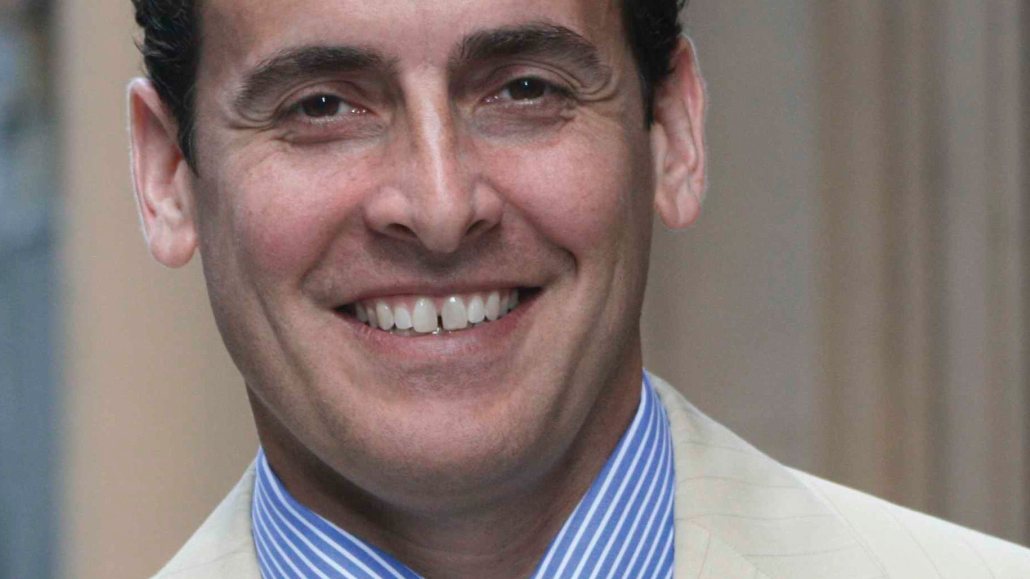
In a new feature, we’re inviting a member of the digital media community to assess Digiday’s coverage in the week and weigh in with reactions to it. Jason Krebs, chief media officer at Tremor Video, offers his take in our first installment. Follow him on Twitter at @jasonkrebs. If you’re interested in contributing to this, please contact me. — Brian Morrissey
Confessions of Publisher Ad Ops
“[Sellers] live in a constant state of fear and panic, which results in unreasonable behavior. In many ways there is a lack of experienced digital sales people, and that lack of experience has profound implications on how they manage their own expectations and their clients’ expectations.”
JK: I recall a good guy in ad ops back in the day who slowly lost his mind after dealing with our salespeople for quite some time. He came in one day wearing leather and had his head shaved. It was a Travis Bickle moment. We all survived, but I’m not sure what became of him.
Moneyball Comes to Digital Publishing
“This analytics is valuable for advertisers and publishers, as the analysis helps identify strong (and weak) performing articles that can then command higher ad rates but also drive traffic to other pages in the site. Additionally, online publishers not only get an exact revenue value for any piece of content but also the revenue potential for that content. And all in real time.”
JK: How? CPMs are sold upfront and real editorial value isn’t driven by CTR. But, putting the snark aside, I do love this concept. Great content costs money to develop, and in today’s world, publishers need better tools with which to help make money from that content.
Tumblr’s New Censorship Policy
“Last week Tumblr announced its new censorship policy, which bans “self-harm blogs” that glorify eating disorders. This is tricky territory, of course. ‘We are deeply committed to supporting and defending our users’ freedom of speech, but we do draw some limits,’ Tumblr writes in a blog post. ‘As a company, we’ve decided that some specific kinds of content aren’t welcome on Tumblr.’
JK: This probably has as much to do with Tumblr getting its platform ready for advertisers to accept them as a legitimate destination, as anything else. Good move by them.
Facebook Wants the Ad World to Change
“Facebook’s push deeper into advertising will challenge how advertisers and agencies separate paid and earned media.”
JK: My take on the Facebook situation is a little different. To date, Facebook has done a great job of generating revenue that is based off of tangible deliverables that an advertiser can see in the number of clicks and likes. With Facebook’s new ad strategy, the game gets serious, moving advertisers to spend money on things that don’t show up so easily, like attitudinal shift, purchase intent, message awareness. Facebook has the gold standard when it comes to consumer profiles, but making this shift in proving advertiser success isn’t easy. Look at Google, which hasn’t done it either.
Why Brands Struggle With Web Ads
“[Unilever is] looking to improve the process for planning and buying digital media. Unilever hopes to bring more rigorous standards to its online campaigns and consistency to its measurement strategy across a portfolio that includes 40-plus brands.”
JK: I believe this is the most important development in brand advertising in the past 10 years. This is why our VideoHub is the first to market with Nielsen’s Online Campaign Ratings, which are now viewable side by side with digital video advertising impressions.
More in Media

In Graphic Detail: The scale of the challenge facing publishers, politicians eager to damage Google’s adland dominance
Last year was a blowout ad revenue year for Google, despite challenges from several quarters.

Why Walmart is basically a tech company now
The retail giant joined the Nasdaq exchange, also home to technology companies like Amazon, in December.

The Athletic invests in live blogs, video to insulate sports coverage from AI scraping
As the Super Bowl and Winter Olympics collide, The Athletic is leaning into live blogs and video to keeps fans locked in, and AI bots at bay.





